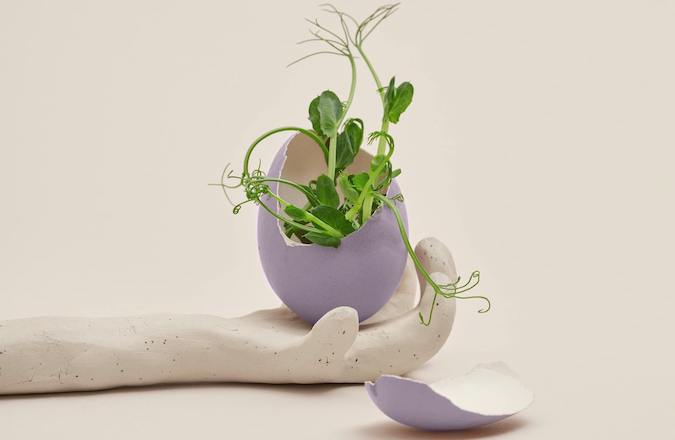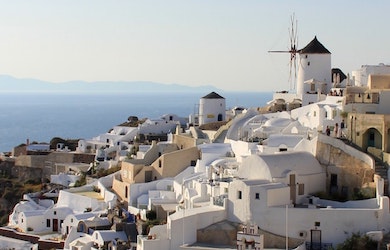There will come a time in everyone’s lives when we must start to think about what we would like to happen when we come to the end of our life. The options are often discussed with loved ones and our wishes for after we pass are usually written into a Will. These plans usually include what we would like to do with our assets, such as our home, car and any money, and our body when we no longer need it. More and more people nowadays are thinking about more eco-friendly end of life options. The most common end of life options are to be returned to the earth with a burial, or to be cremated and the ashes are normally either kept in an urn or scattered in a special place.
There are multiple environmental issues to both the traditional burials and cremations:
Burials:
- Take up a lot of valuable land,
- Contaminate soils,
- Contribute to climate change effects through resource-intensive manufacturing and transportation of caskets/coffins,
- The majority of caskets/coffins are made from wood, which contributes to deforestation.
Cremation:
- Requires the burning of fossil fuels,
- Emits Carbon Dioxide into the atmosphere,
- The chemicals used in the embalming process of traditional cremation can leak out and pollute the surrounding soil and waterways.
Some more eco-friendly end of life options include:
- A water cremation,
- A Tree Pod burial,
- Eco-friendly coffins,
- Biodegradable Urns.
Water Cremations
A water cremation is a similar concept to a traditional cremation, but instead of using fossil fuels and fire to break down the body, water, and an alkali, such as potassium hydroxide is used. [1] Your body is placed in a specially designed vessel that is usually made from Stainless Steel, the water and alkali are added, and it is all heated to around 160-180 degrees Celsius. The process that takes place, boils down any organic matter, such as soft tissue, fats, and proteins, leaving behind your bones and any non-organic matter such as metal joint replacements, pins to fix broken bones or dental fillings. The combination of water, heat and alkali speeds up the decomposition process that would normally take many years underground.
Your bones are then ground into a fine powder and returned to your family in an urn to be kept or scattered. Water cremation is considered to be a more sustainable option compared to traditional cremation or burial because it produces fewer greenhouse gas emissions and pollutants. This process also uses 80 percent less energy than flame cremation, which requires temperatures to reach 760 to 982 degrees Celsius for the process to work.
A Tree Pod burial
Tree pods are a way to be reunited with nature. Your body is positioned in the foetal position and placed into a tree pod made from organic materials and buried in the ground. A tree, chosen either by the deceased prior to their death or by the family, is then planted above the burial site. The growing tree is then fertilised by the decomposing pod and your body, which means you have helped to give life to a new tree. It is also a lovely way for loved ones to be able to still come and pay their respects to you and to watch you grow into something new. If we planted a tree every time someone passed away, we could, on average, be planting over 60 million new trees every year. [2]
Figure 1: Cracked eggshell with new life growing in a clay hand. [3]
Eco-Friendly Coffins
If over 60 million people die every year, that’s a lot of coffins that need to be manufactured, shipped and buried. People are now coming up with new materials to make coffins from, such as:
- Bamboo
- Banana leaf
- Willow
- Pine
- Cardboard
This would drastically reduce the need to cut down as many trees to create coffins, as materials such as bamboo and willow grow considerably quicker than most trees. They are typically 100% natural and biodegradable and are made from renewable and sustainable materials.
Biodegradable Urns
If you decide that cremation is the end-of-life process you would like to go with, then you could consider a biodegradable urn. These could be made from similar materials as the eco-friendly coffins, or they can be made from the same materials as the tree pod. Your loved ones would receive your ashes inside an urn made from one of these sustainable materials and they would then plant your urn in a place of their choosing, with a tree seed or plant seeds on top. The new plants would take nutrients from your ashes and the urn and grow.
Pager Power
Pager Power undertakes technical assessments for developers of renewable energy projects and tall buildings worldwide. For more information about what we do, please get in touch.
References
[1] https://happyeconews.com/environmentally-friendly-end-of-life-options/
[2] https://www.dezeen.com/2019/03/31/capsula-mundi-egg-shaped-burial-pod/
[3] Photo of Cracked eggshell with new life growing in a clay hand. Photo accessed 19/06/2024. Photo credit: Cocarinne. https://www.pexels.com/photo/green-plant-growing-through-eggshell-on-clay-hand-7260245/




